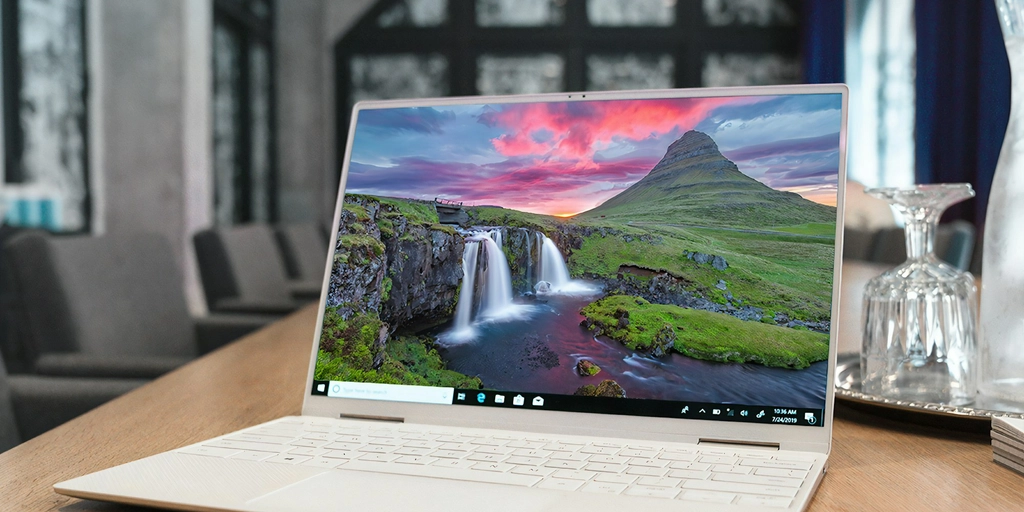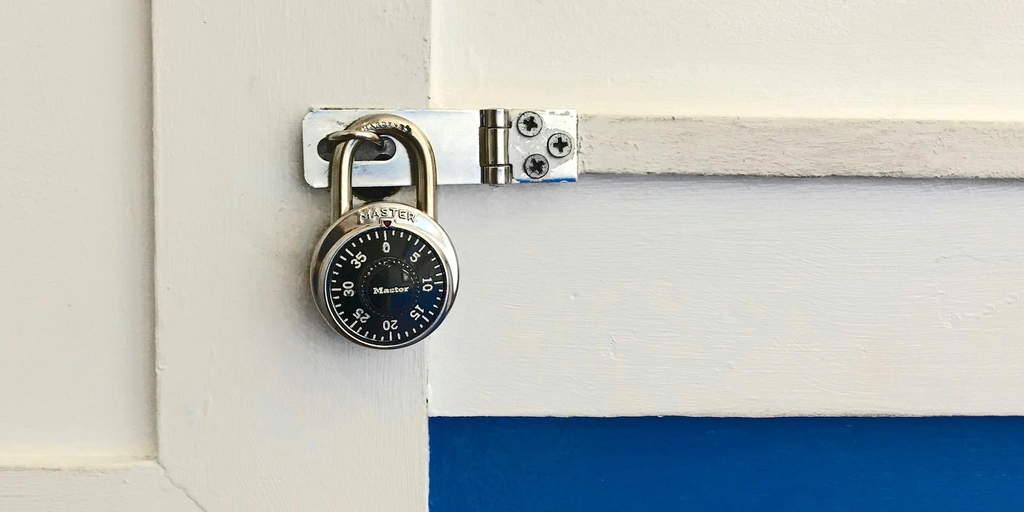
Robin's Review 2017
Reflecting on 2017
2017 has been a challenging year on the political and technological front for the UK and world.
We witnessed increased security threats on our streets, with several successful terrorist attacks and countless more being prevented. There have also been increased risks in the electronic world, with data breaches from several notable organisations, and high-profile ransomware attacks like WannaCry. We live in an ever-more challenging and changing world, in which we all need to be prepared.
The Cryoserver offices are based in London Bridge, and we were directly impacted by the Borough Market attacks in the summer, causing mayhem for many of our neighbours and many local businesses. Our offices were behind the temporary cordon that was put in place whilst forensic teams combed the local area, meaning our offices were inaccessible for a week. Luckily, we had a Business Continuity Plan in place which we initiated at the beginning of the troubles, empowering our employees to be able to continue to provide service to customers from home and from remote locations during the time the offices were closed. For many of our neighbours, such as restaurants, this was not a possibility and they saw zero trade.
If there were to be any advice from this, we should all plan for that rainy day – whatever the disaster. It is worth testing that scenario on a regular basis to ensure everyone is familiar with the procedure.
The lesson we specifically learned, is that we should do more resilience planning. So, over the latter part of 2017, we accelerated our final moves to the cloud, migrating all remaining infrastructure services into cloud offerings. As we stand today, we can now say we are a fully cloud-supported business and we believe we can cope with any scenario thrown at us in the future. We are already seeing cloud adoption empowering our business, and we have more collaboration tools to make our day-to-day business more effective and efficient. While this may not be the right solution for some businesses, we are confident that it will help us to be more productive and support our customers even more effectively.
Also dominating the headlines in 2017 is GDPR, and this has specifically impacted email archiving. The new EU legislation comes into effect in May 2018, impacting all organisations within the 28 European Countries and any business wishing to trade with Europe. Failure to comply will mean potential hefty fines and/or trade restrictions being applied to businesses.
Over the past 12 months, I have travelled across a dozen countries, presenting on the GDPR topic. It is eye opening which countries are taking the challenge seriously and how many jurisdictions outside Europe know very little of the topic and the implications it will have on them when trading with a European data subject and business. I was particularly surprised to see that some of our European partners will threaten imprisonment for mild contempt of the privacy legislation.
I foresee 2018 will be a race for many to come up to speed with the GDPR requirements and for others they will be nearing compliance.
For our customers, the Cryoserver solution was adapted and enhanced in November 2016, 18 months before the deadline, to comply with the new GDPR requirements. We introduced a new user type, the Cryoserver Privileged & Delete User which helps customers to comply with the Right to be Forgotten. The Audited delete process has four-eyes methodology, regulating the destruction of emails in a controlled manner.
In the summer we released Version 9, and as part of the release we have been making a big fuss about how Cryoserver V9 is helping organisations to comply with GDPR. Version 9 has seen positive feedback from users and we now have a waiting list of businesses wishing to upgrade to the new version.
Predictions for 2018
As we near to the EU GDPR deadline, businesses are becoming more concerned about data at rest and the protection of long term data. Web application and vulnerability testing will be a leading RFP question for many engaging with vendors. Questions such as: “Please provide the most recent Penetration Test report & evidence of any remediation.” Vendors need to be equipped with the latest reports and have a continuous program of testing against the latest threats and action plans to inform customers in case of breaches.
There will be wider take up of collaboration tools, such as Microsoft Teams and Slack, where teams collaborate and users will undoubtedly be communicating more via these platforms for internal conversations. While this may mean a decline in email volumes, email will remain the number one communication tool used by businesses and I suspect email will be used more as a formal communication tool for external communications.
In 2017 email volumes have been increasing and the average size of an email growing, I expect in 2018, we may see the average email size break through the 200kb average.
2018 will be the year of efficiency with AI/machine learning evolving more into the mainstream. During 2017, AI has been creeping into our everyday lives subtly, with the receipt of auto-suggest replies to emails and chat conversations based on previous responses you’ve made. 2018 will see further development in this space, such as customer service chat-bots becoming more widely adopted, for example.
The meteoric rise of Bitcoin has put the concept of blockchain technology back in the public eye, and raised questions about the efficacy and security of heavily-encrypted centralised data stores when compared to de-centralised, distributed data networks. 2018 will be the year of further debate and public will have a better understanding of the use of the technology when applied to real-world settings, like the recording of votes at local and national elections.
2018 will be the year of subscription modelling. Driven by the Public Cloud Adoption, through platforms like AWS, Azure and Google, this will reach new heights as these platforms’ pricing models will make it a no brainer for business to do away with internal dated infrastructure. We are moving towards a world where we would rather rent technology than own and maintain it ourselves.
2017 (and Christmas 2017 in particular) will have introduced voice-controlled technology into our homes. The ‘assistants’ – Alexa, Siri and Google Home – will enable us to interact more with our IoT (internet of things) via voice. “Please give me the latest news briefing…Please can you order this….” We already see new laptops encouraging you to configure via voice control thus less need to press the next button with your mouse or keypad. Is this helping us to become more efficient or more frustrated as voice instructions are misunderstood? 2018 will be a year of highs and lows for Voice Controlled Apps. Highs being the amazement of the technology evolution and the lows being how we become frustrated with evolution of technology not keeping pace with our expectations.
Read
More

How to Archive in Outlook
Want to free up space on your mail server? First you’ll need to archive Outlook emails. Here’s the…

Are You Prepared for a Smooth Email Archive Migration?
Moving your company’s preserved emails from one archive to another is a significant project. An…

Migrating to Office 365
Many businesses have been using Microsoft related products for years without moving to cloud, but…

Email Archiving and Cyber Security
Email archiving and cyber security aren’t always considered linked by business owners. Most…

Australia Privacy Act 1988 reforms & GDPR
The Australian Government is reviewing the Privacy Act 1988. The proposed reforms could affect…
